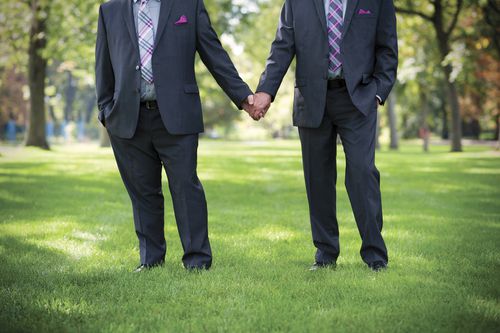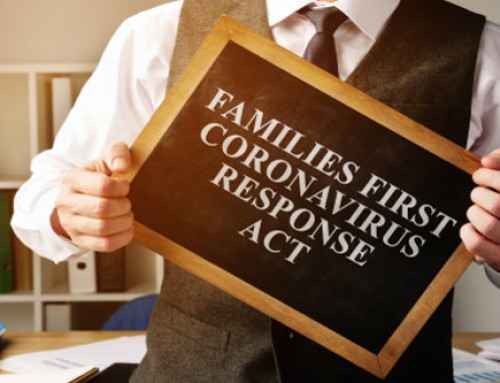In February 2015, the U.S. Department of Labor (“DOL”) issued its final rule changing the definition of “spouse” under the Family Medical Leave Act (“FMLA”). The DOL redefined “spouse” to include all legal same-sex marriages, regardless of the state in which the spouses live. The new definition takes effect on March 27, 2015.
The Change Only Affects South Carolina Employers Subject to the FMLA
The revised definition expands coverage to include employees in same-sex marriages who are eligible for FMLA and who work for employers covered by the FMLA. Covered employers must employ 50 or more employees within a 75 mile radius at the time the employee requests FMLA leave. A covered employee must have been employed at least 12 months and have worked at least 1250 hours in the 12-month period prior to requesting leave.
What Do South Carolina Employers Need to Know About Implementing the Change?
Previously, the FMLA defined marriages by whether the “state of residence” recognized the marriage. That meant that same-sex spouses who lived in states that did not recognize same-sex marriage were not protected under the FMLA, regardless of whether they were lawfully married elsewhere.
The new definition changes the “state of residence” test to a “place of celebration” test. This new test requires employers to extend FMLA rights to same-sex spouses that were married in a state that recognizes their marriage as legal – regardless of where the couple now lives, or where the employer is located. For example, Massachusetts recognizes same-sex marriages. Therefore, any employee lawfully married in Massachusetts will have FMLA rights to care for his or her spouse, even if the couple now lives in South Carolina, where same-sex marriages are not recognized. The “place of celebration” test also extends to foreign countries so long as the marriage could be validly entered into in at least one state, but not necessarily the state in which the spouses live. Notably, this test also applies to common law marriages involving opposite-sex, or same-sex, couples.
Employers may request proof of marriage from a same-sex couple, in the same manner, they would for opposite sex couples, but may not do so in a way that interferes with the employee’s use of or attempt to use his or her FMLA rights.
What Will Not Change Under the New Definition?
Just as unmarried opposite-sex couples do not have spousal-care rights under the FMLA, unmarried same-sex couples will not have such rights, either. The FMLA also does not consider couples that have entered into “civil unions” to be married.
If you have questions about how these changes will affect your organization, or about your organization’s responsibilities under the FMLA, please contact your South Carolina labor lawyer and employment lawyer, or contact us.






